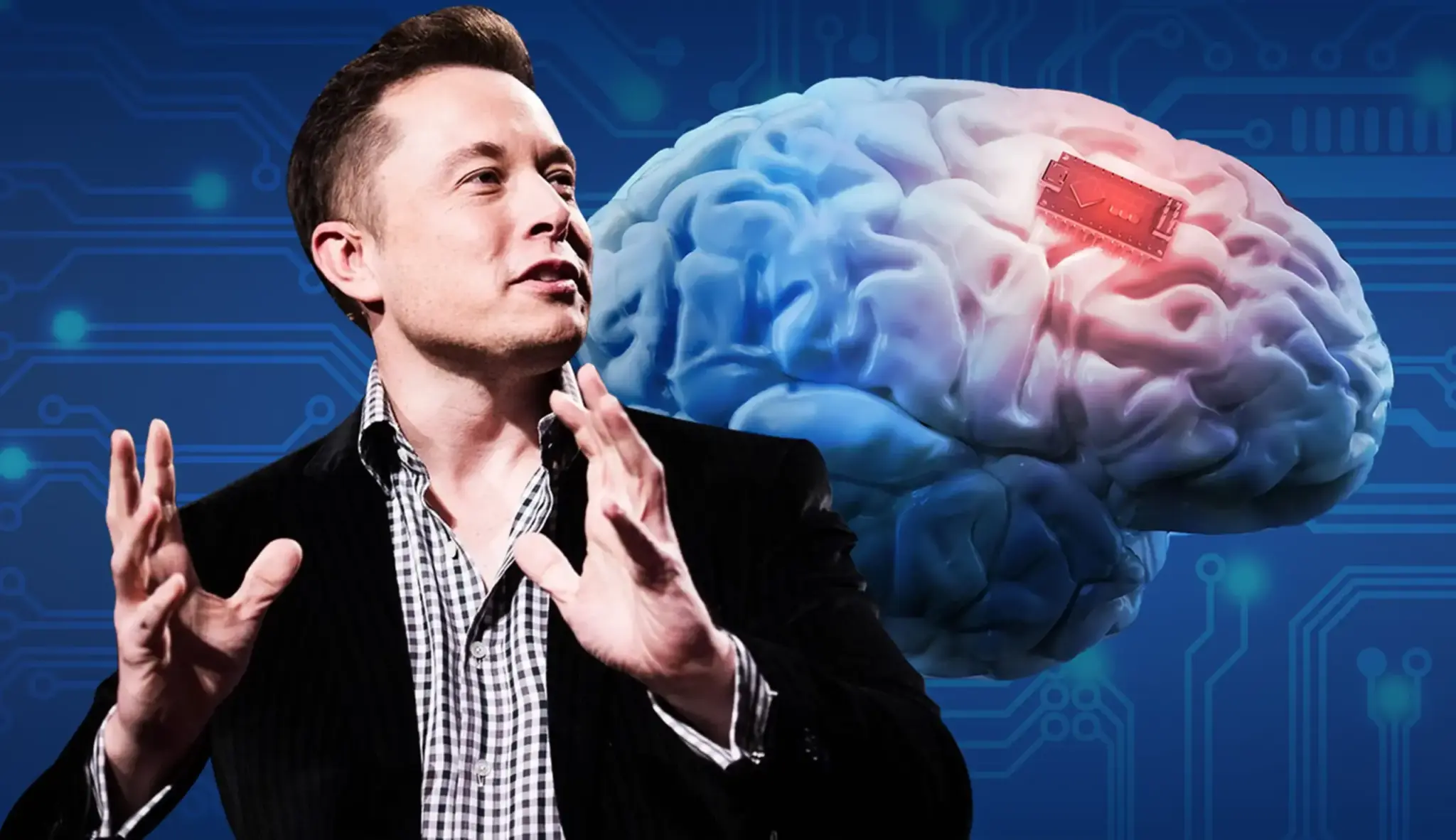In a significant stride within the neurotechnology field, Elon Musk’s company, Neuralink, has recently implemented its first human brain implant, named “Telepathy.” This groundbreaking event marks a pivotal moment for the company, aiming to transform how individuals with severe disabilities interact with technology.
The First Human Trial: A Glimpse into the Future
Over a recent weekend, Neuralink successfully completed its inaugural human implant procedure, which involved inserting a device roughly the size of a coin into the patient’s skull. The device, connected by ultra-thin wires directly to the brain, targets areas responsible for movement intention. This interface could potentially allow individuals to control digital devices through thought alone, initially aiding those with paralysis in navigating computers or mobile interfaces.
Initial reports from Musk indicate that the patient is recuperating well and has shown encouraging signs of neuron spike detection. This early feedback is vital as it provides a peek into the efficacy and safety of the implant, which remains under close observation through ongoing clinical trials.
Regulatory and Ethical Landscape
Before this landmark trial, Neuralink had received an “investigational device exemption” from the U.S. Food and Drug Administration (FDA). This approval is crucial as it allows the company to conduct trials while ensuring stringent oversight of safety and effectiveness. Despite the excitement surrounding this development, details regarding the specifics of the FDA’s approvals and the exact nature of the ongoing studies are kept confidential to protect the integrity of the research process.
Concerns and Considerations
While the potential benefits of such technology are immense, the introduction of brain implants raises significant ethical and safety concerns. Specialists in the field, like Laura Cabrera from Pennsylvania State University, have expressed caution, especially given the risks associated with brain surgery such as potential for hemorrhage or seizures. Neuralink’s use of robotic surgery for the implantation represents a novel approach, yet it underscores the experimental nature of this technology and the unknowns that accompany it.
Looking Beyond Medicine
Interestingly, Musk envisions applications of the Neuralink device that extend beyond medical needs. He has suggested that future iterations could enable users to record and replay their experiences or enhance communication capabilities—a vision that mixes medical utility with broader lifestyle enhancements. This ambitious outlook not only highlights the therapeutic potential of the technology but also opens up discussions about privacy, consent, and the long-term implications of such technologies in everyday life.






























